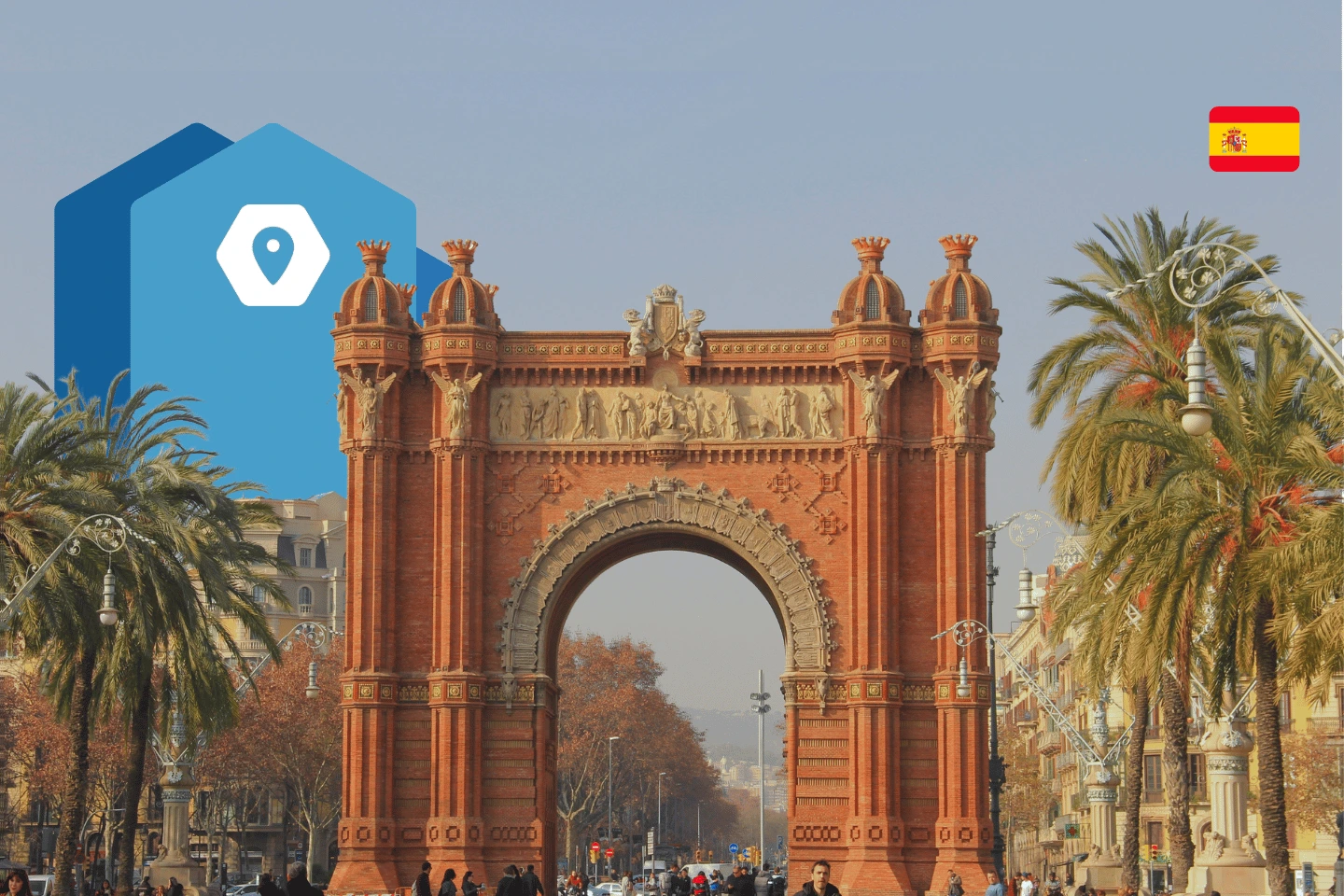- The NIE (Número de Identificación de Extranjero) is a tax identification number assigned to foreign nationals in Spain, required for various administrative, financial, and legal activities such as opening a bank account, signing employment contracts, or purchasing property.
- There are three main ways to apply for an NIE: in person at a local Foreigners’ Office or police station in Spain, through a Spanish consulate or embassy abroad, or via a legal representative with a notarized power of attorney.
- Common challenges in obtaining an NIE include limited appointment availability, incomplete or incorrect application forms, the need for additional documentation depending on the region, and processing delays; careful preparation and checking local requirements help avoid these issues.
- Jobbatical can assist employers and employees by managing document preparation, scheduling appointments, providing local guidance on regional processing differences, and ensuring applications comply with Spanish immigration regulations, streamlining the NIE application process.
What is an NIE Number in Spain?
The NIE (Número de Identificación de Extranjero) is a tax identification number (numero de identificacion fiscal) assigned to foreign nationals in Spain. It is needed for multiple administrative, financial, and legal activities, like opening a bank account, signing an employment contract, or buying property.
This guide explains how to get an NIE in Spain, the different ways to apply, and how employers can support their teams through the process.
How to Apply for an NIE Number in Spain
There are three ways to apply for an NIE:
- In Spain: The applicant can visit a local Oficina de Extranjería (Foreigners’ Office) or a police station that handles NIE applications.
- From Abroad: Foreign nationals can apply through a Spanish consulate or embassy in their home country.
- Through a Legal Representative: A lawyer or gestor (administrative professional) can apply on behalf of the applicant with a notarized power of attorney.
Common Challenges and How to Avoid Delays
- Appointment Availability: Some regions have limited slots, so it’s best to check frequently for openings.
- Incomplete Forms: Any missing or incorrect information on the EX-15 form can delay the process.
- Incorrect Documentation: Some regions may ask for extra proof of residence or purpose. Double-check local requirements before attending the appointment.
- Delays in Processing: High demand in certain areas may result in longer processing times. Applying in less busy offices may speed up the process.
How Jobbatical Can Help
Applying for an NIE can take time, especially for employers managing multiple relocations. Jobbatical’s local team of global mobility experts help by:
- Assisting with document preparation.
- Scheduling appointments.
- Offering local guidance based on regional differences in processing times.
- Making sure applications meet Spanish immigration rules.
Need help with the NIE process in Spain?
Contact us today for expert support with your employee relocation needs in Spain.


.svg)






.webp)
.svg)
